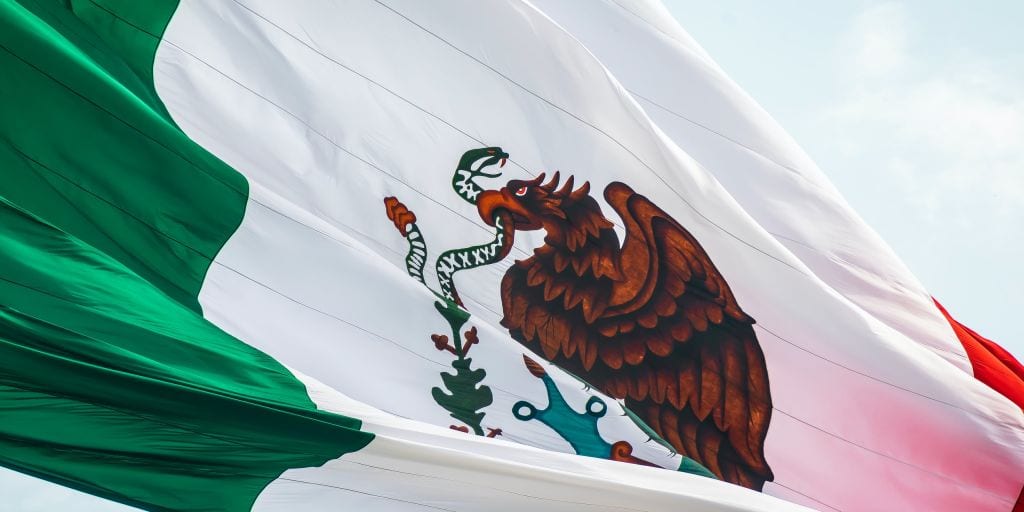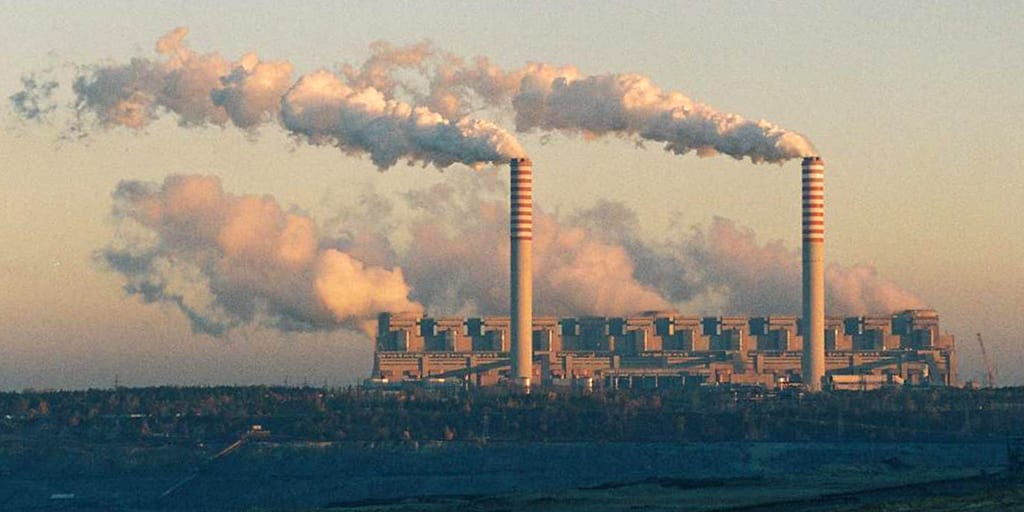Mexico
Country indicators
Fossil fuel subsidies (USD, billions):
Fossil fuel subsidies with externalities (% of GDP):
News

Germany and Mexico publish peer reviews of fossil fuel subsidies under G-20
16 November 2017 – Germany and Mexico released their voluntary peer reviews of fossil fuel subsidies under the G-20 during COP23 in Bonn. This publication is a step towards more transparency

The environmental tax and subsidy reform in Mexico (OECD)
In a bold policy effort, Mexico recently moved away from subsidies to transport fuels, increased tax rates on these fuels and introduced a carbon tax. This OECD paper analyses these

Fisheries Policy Reform National Experiences (OECD)
Much has been done over the years to improve fisheries management in OECD countries. Ongoing problems of over-fishing, overcapacity and the economic crisis intensify the need for reform. Although there
Reports

OECD-IEA inventory of fossil fuels and other support
The OECD-IEA Inventory of Support Measures for Fossil Fuels provides updated fossil fuel support data for 34 OECD member countries and six partner countries, including a number of measures applied



